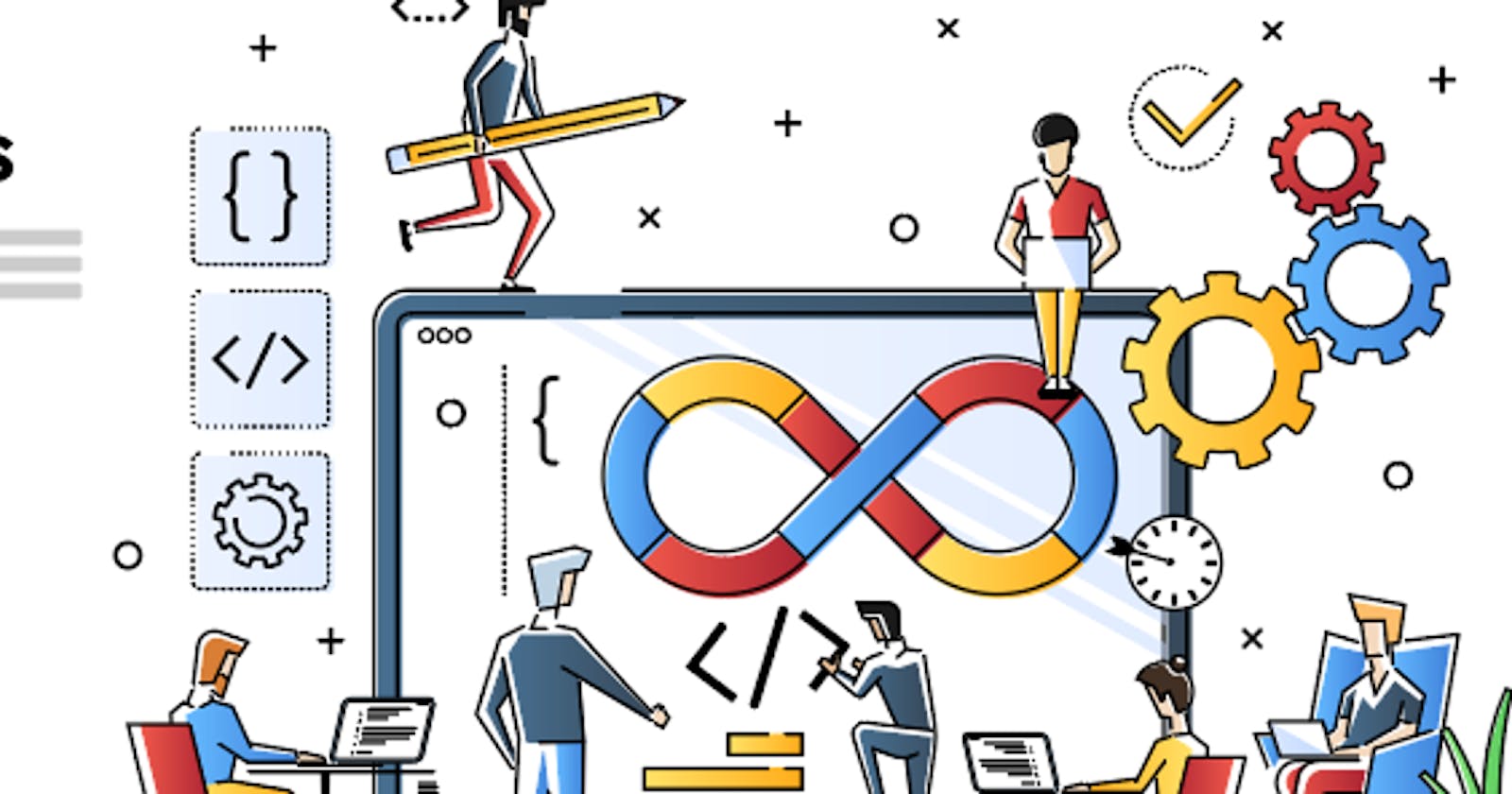Table of contents
Some say DevOps is all about the philosophies surrounding the SDLC and operations and deployment, some say it is about the tools that we use to configure, manage and monitor the environments but in reality, it is the combination of cultural philosophies, practices, and tools that increases an organization's ability to deliver applications and services at high velocity: evolving and improving products at a faster pace than organizations using traditional software development and infrastructure management processes.
This speed enables organizations to better serve their customers and compete more effectively in the market.

Under a DevOps model, development and operations teams are no longer “siloed.” Sometimes, these two teams are merged into a single team where the engineers work across the entire application lifecycle, from development and test to deployment to operations, and develop a range of skills not limited to a single function.
The lifecycle of DevOps methodology

Now we have seen what is DevOps and its benefits now the question arises:
why DevOps
Software and the Internet have transformed the world and its industries, from shopping to entertainment to banking. Software no longer merely supports a business; rather it becomes an integral component of every part of a business. Companies interact with their customers through software delivered as online services or applications and on all sorts of devices. They also use software to increase operational efficiencies by transforming every part of the value chain, such as logistics, communications, and operations. Similarly, the companies of physical goods transformed how they design, build, and deliver products using industrial automation throughout the 20th century, companies in today’s world must transform how they build and deliver software.
To adopt DevOps there are following practices that can be made:
--Continuous Integration
--Continuous Delivery
--Microservices
--Infrastructure as Code
--Monitoring and Logging
--Communication and Collaboration
How DevOps
DevOps Tools:
The DevOps model relies on effective tooling to help teams rapidly and reliably deploy and innovate for their customers. These tools automate manual tasks, help teams manage complex environments at scale, and keep engineers in control of the high velocity that is enabled by DevOps.
Some of the widely used tools for each section are:

All these steps are from understanding the role of DevOps, why it's needed in the industry and How we implement it to meet our use cases for a sustainable and better development environment for our products.
Hop into the blog section for a more interesting and detailed overview of Software development and other stuff. 😊
